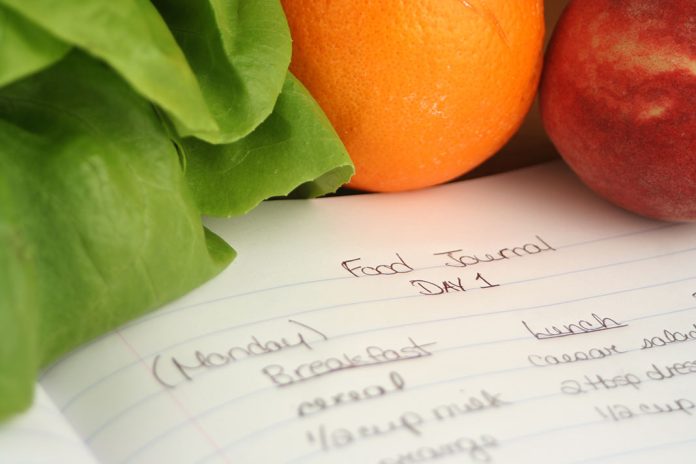Ulcerative colitis is a chronic disease that causes inflammation and ulcers to appear on the lining of the colon. Symptoms include diarrhea, cramps, bleeding from the rectum, fatigue, fever, weight loss, and constipation. Severe complications can include a perforated colon, dehydration, hemorrhaging, and a greater risk of colon cancer. Though ulcerative colitis is incurable, there are things a patient can do to ease the symptoms, especially with regard to their diet. Here are some recommendations:
1. Cook all fruits and veggies
A person with ulcerative colitis should stick to a diet of cooked fruits and vegetables that aren’t in the cruciferous family. Cruciferous vegetables, such as broccoli, cabbage, and cauliflower, are often high in fiber, which the colon of a person with active ulcerative colitis may have trouble handling. By contrast, low-fiber fruits and vegetables, such as potatoes and cucumbers, are easy on the digestive system and help to regulate the diarrhea that often comes with bouts of ulcerative colitis. The fruits and vegetables should be peeled and cooked.
2. Puree soups
Pureed soups are also easy on the digestive system for people who are suffering from ulcerative colitis. Once again, though, the patient should avoid soups made of foods that have lots of fiber. Additionally, the soups should not be made with dairy products such as milk, cream, or cheese—especially soft cheeses such as brie or mascarpone— as dairy products contain lactose, which can make an IBS flare-up worse. Pureed fruit soups, on the other hand, are recommended. These soups can be made from melons, squash, or other cooked, low-fiber fruits. The soups should not be heavily spiced nor contain alcohol. They should also not have too many fats in the forms of butter, coconut butter, or lard.
3. Eat smaller meals
A person whose ulcerative colitis is flaring up should try to eat smaller meals during the day. Instead of three large meals at breakfast, lunch, and dinner, patients should instead try to eat between four and six small meals. Along with these smaller meals, patients should make sure they drink plenty of water to stay hydrated. Along with water, they can also drink broth, tomato juice, or a formula with electrolytes.
4. Prepare meals ahead of time
Patients who are having flare-ups of ulcerative colitis find it difficult to muster the sheer energy and concentration that’s needed to cook or prepare a meal several times a day. As such, for convenience, meals should be made in advance and frozen or refrigerated until it’s time to eat them. The meals should be simple and made through broiling, grilling, steaming, or poaching. The patient should avoid fried foods.
5. Keep a food journal
Another good idea is for the patient to keep a food journal. This can give them a clearer picture of the foods they tolerate well and those that cause problems for their digestive system.
Ulcerative colitis is a challenging disease, but, with the help of their healthcare providers, patients can manage the symptoms and improve their quality of life. One of the techniques for living through an ulcerative colitis flare-up is for a patient to be mindful of their diet and to stick to foods that they know their bodies can tolerate.



